Menu
Close
Most of us Indians are very house-proud and love to surround ourselves with affordable, durable home items, be it fancy melamine crockery, flip-top water bottles, moulded furniture, kitchen tools or even the ubiquitous ‘balti-mugga’. Cello Group understood the sentiment of the people of our country and deep-dived into identifying their various needs. The result was a diversified portfolio of 10,000+ products across 14 different categories in over 55 years to offer something for every household and every family member.
India’s plastics industry’s economic activity is worth Rs 3 Lakh crore annually, out of which one-third is exported. There is significant growth potential for the Indian plastic industry to become the world’s premium supply hub. Looking at how rapidly the industry was growing, Cello’s leadership team wanted to identify opportunities within the Indian market and accelerate its expansion across the country.
“We expect to grow 7X in the next three years,” says Gaurav Rathod, Director and 3rd generation entrepreneur at Cello. “A company’s ability to quickly respond to market changes and serve customers with the best products at affordable prices provides it an edge in the market. Customers have continued to repose their trust in the brand.”
But there were some complexities, that needed to be addressed before this expansion could get started. The biggest was that the group has many business lines that operate independently i.e. Cello World, Uno Max and WimPlast. To enable the next phase of growth, Rajesh Sharma, the Chief Technology Officer for Cello Group wanted to bring all businesses under the same layer of technology. However, this was easier said than done.
Let’s find out how Rajesh and his Sales Head, Krishnanand Hattarkal worked with the right technology partner to transform the sales operations of the entire Cello Group.
From a humble beginning in 1967, the Cello Group has emerged as a large conglomerate, with the brand Cello strongly entrenched as the numero uno in household consumer products. Cello has diversified product categories, from Melmoware, Thermoware, and Opalware to Kitchen Appliances, Glassware, Tools & Dies (for automobiles), Cleaning equipment, Air Coolers etc. With home and kitchenware made with high-quality materials and in a vast range of designs, Cello’s consumers are spoilt for choice, which in turn, has made Cello one of the most trusted brands in the country. Today Cello Group’s vision is to be India’s most preferred household brand with innovative & aesthetically superior products at affordable prices.
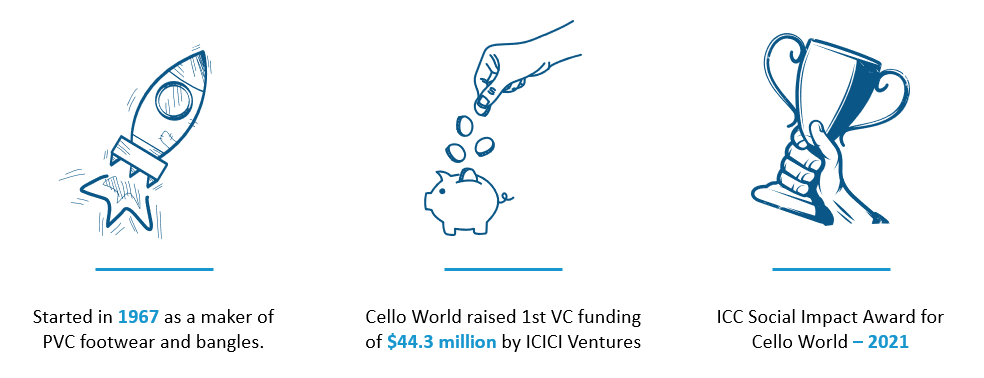
1. Everything was done manually- As Cello did not have an automation partner for their retail sales, all orders were punched manually, and all data and analysis were done on basic Excel sheets. Hence, it took time to collect, analyze and get those decisions translated into the field.
2. Too big a product portfolio, too fragmented an approach – In an industry like this, the SKU list can be quite massive. Cello has over 13,000 SKUs and it is not humanly possible for any salesperson to remember all 13,000 SKUs. This meant that sales depended on what SRs would remember because only what they remembered would get sold. A lot of product categories were lagging in sales, as the SRs were given an overall target, not category-wise targets.


3. 3 Independent sales organizations merged into one – Before COVID, all 3 businesses had their own sales hierarchy and were run independently. However during the pandemic, as the salesforce shrunk, the sales teams of all 3 businesses were merged, and everyone had to sell everything, which made sales processes more complex.
4. No Outlet Master, no Beats – The sales team did not have an Outlets Master nor were there any structured beats. Specific areas were assigned to sales members and they had to identify their own outlets in those areas to achieve their target revenues.
5. Same order fulfilled by multiple distributors – In FMCG, the average order value may fall between Rs 5000-10,000. In Cello, given the nature of the items, the average order value comes to Rs 1-2 lakhs. Since the order size is high with multiple product categories, the same order was typically supplied by various distributors. This made it very difficult to track which distributor had fulfilled which order.
As the frontline sales of Cello Group did not have any prior experience on automation, there was a lot of resistance from them to adopt a salesforce automation tool and track everything on a mobile app. But with proper training and a lot of guidance, the Cello team enthusiastically took to the app.
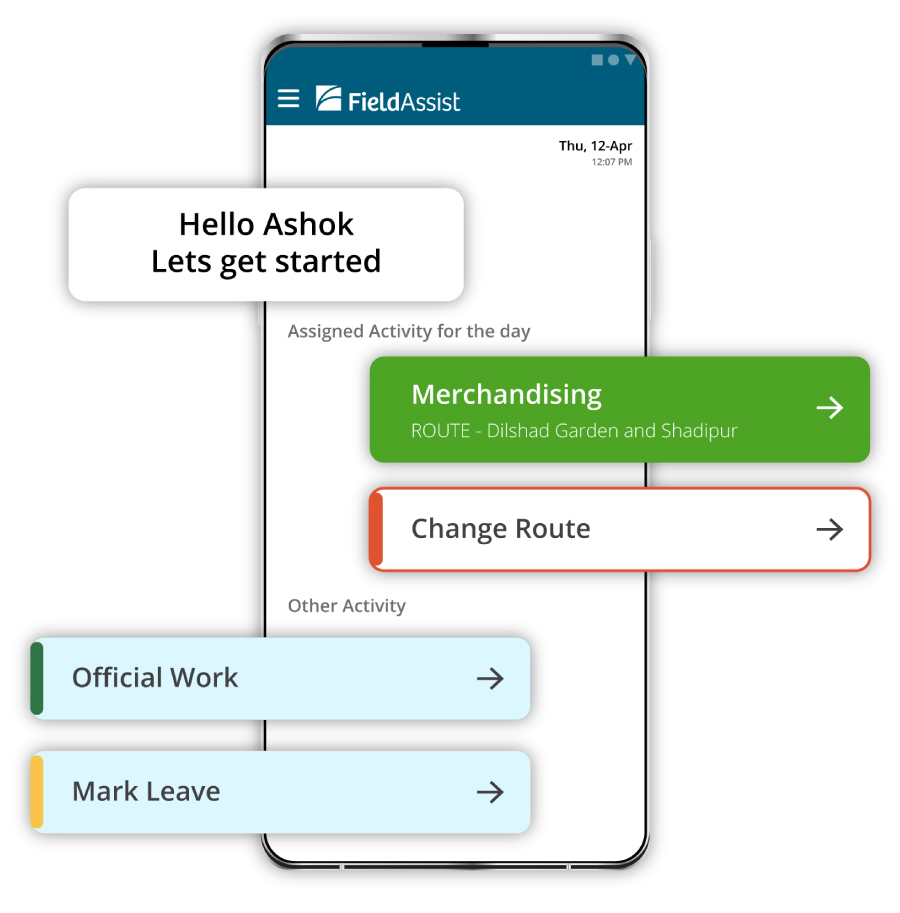
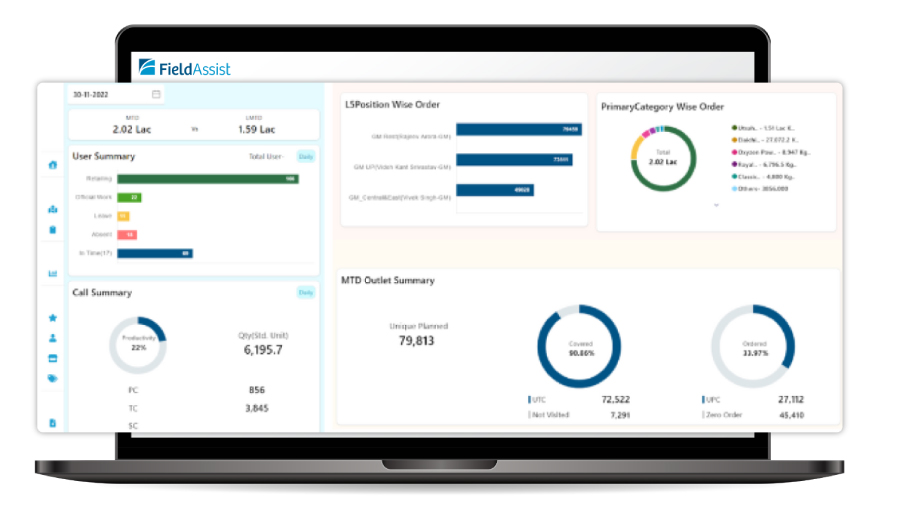
Now with more data in hand, the Cello team understood the need to have a dedicated MIS team to derive deep analytics and insights. The platform has immediately helped all 3 teams reach the market in a more targeted way for each of their business lines. Looking at how the Uno Max team is excitedly delivering their numbers, the plan is to bring gamification to the Cello World business as well.
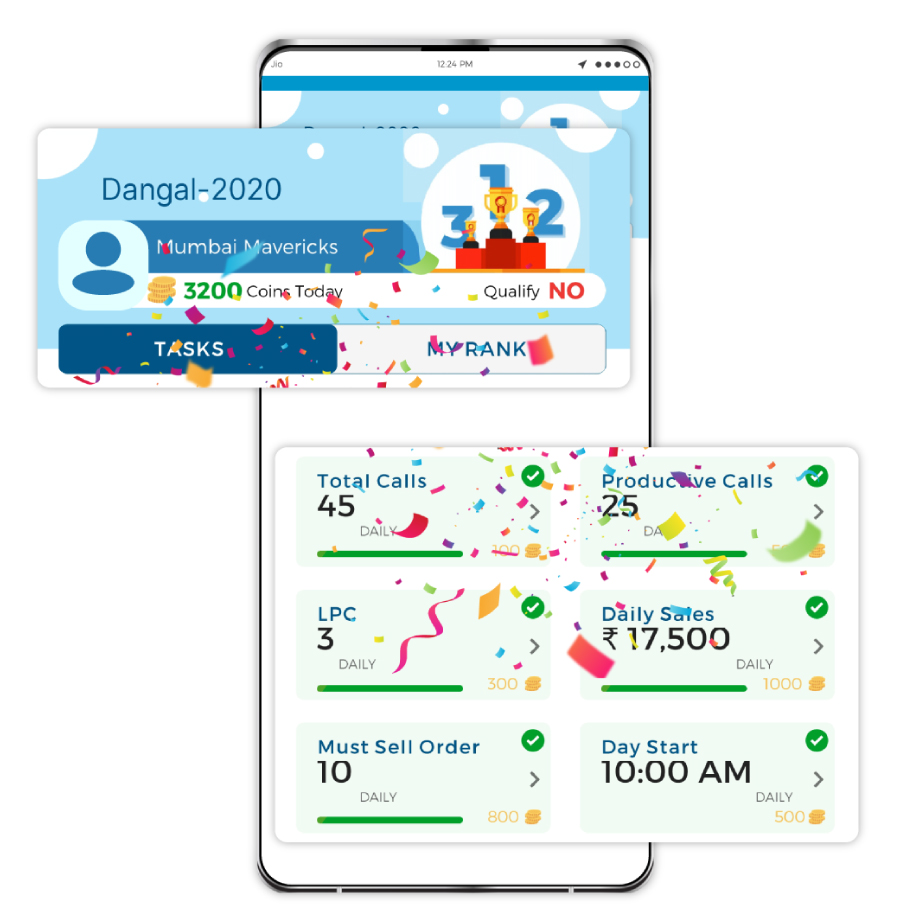
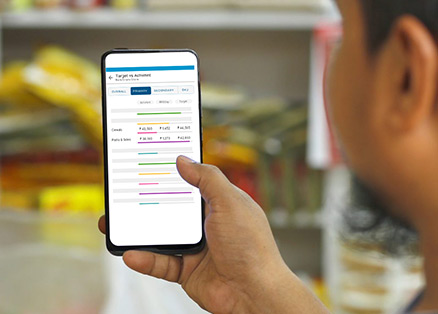
From established industry leaders to young startups, 600+ brands believe in us.

© Copyright 2024 Flick2Know Technologies Pvt. Ltd.